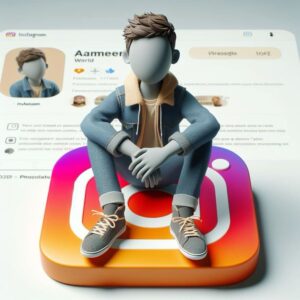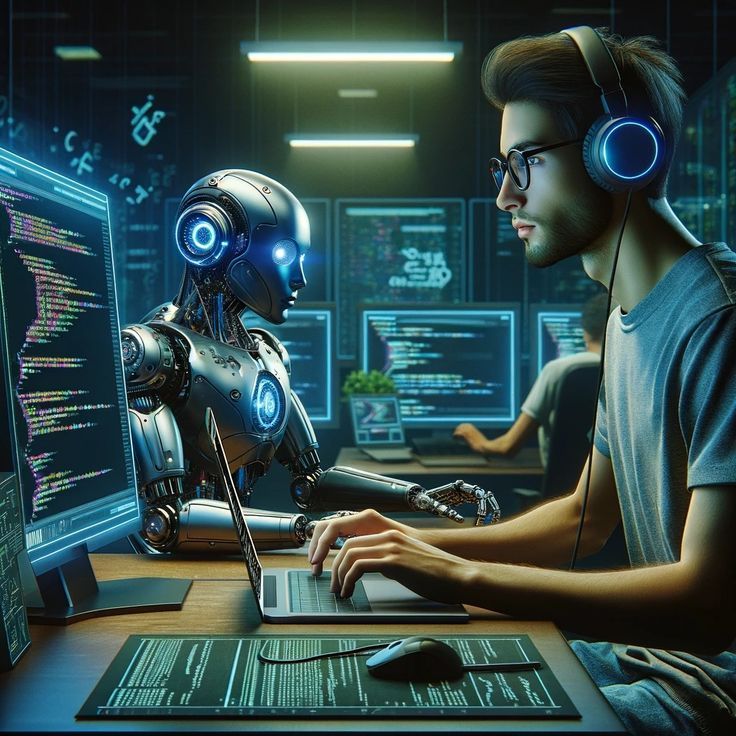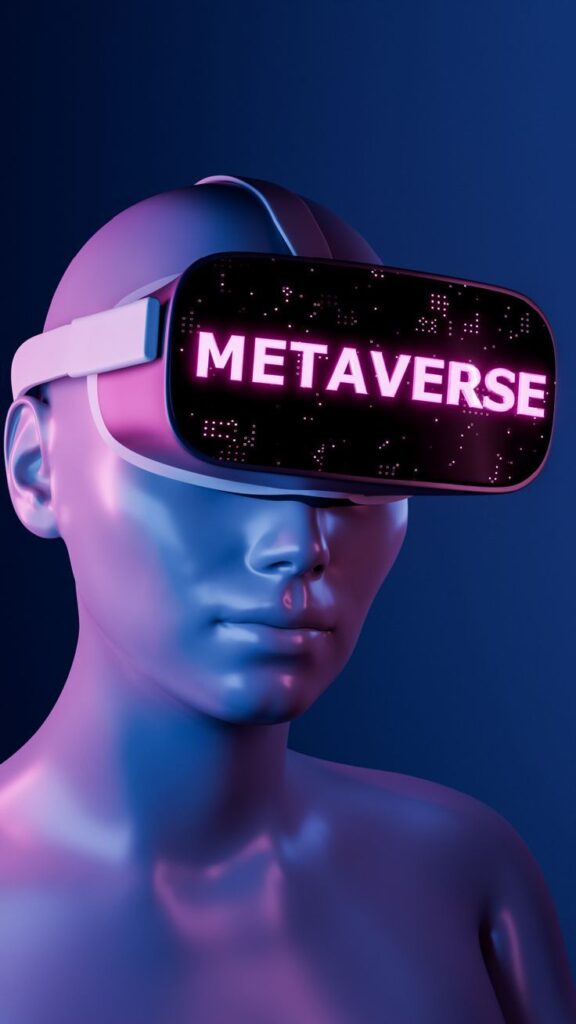Let’s talk about the elephant in the room—or should we say, the algorithm in the cloud. Artificial Intelligence, or AI, has been slowly but surely infiltrating almost every aspect of our digital lives, and unless you’ve been living in a digital-free surrounding (lucky you), you’ve probably noticed something’s changed. But here’s the thing: it didn’t exactly come in with a big fanfare or “I’m here to take over!” sign. So, how exactly did AI go from science fiction to making our apps smarter than we are?
1. It’s Been in Your Pocket (Literally)
Remember when smartphones were just phones? Now, these devices are almost more intelligent than humans. Thanks to AI, your phone knows what you’re doing, where you’re going, and what you might want to do next—before you even know it. You’ve got Siri, Alexa, and Google Assistant, all using AI to predict your needs. Think you just asked Siri about the weather? Well, she was also predicting your mood, what kind of coffee you’d like, and whether or not you’ll actually do anything today.
AI’s behind your phone’s ability to auto-correct your texts, suggest that perfect meme at just the right moment, and organize your photos based on who’s in them. In fact, AI can even turn your photos into “art” if you ask nicely.
2. Your Favorite Streaming Service is a Mind Reader
“Hey, Netflix. What should I watch tonight?” You ask, hoping for something new and exciting. But Netflix already knows what you’re thinking: “Probably some true crime stuff, a rom-com, and a documentary on obscure sea creatures.” (Just me?)
AI is the real MVP here. It watches how you binge-watch (guilty), where you pause, and what you skip. It picks up on your preferences, then feeds them back to you in the form of recommendations. It’s like a friend who really gets you—except it has access to an entire universe of shows and movies to cater to your quirks.
3. AI and Your Social Media Feed: Your New Best Frenemy
If you’re not following AI on social media, then it’s probably following you. Just take a look at your feed. Instagram knows exactly when to pop up that new post you’ll love, even if it’s from someone you followed five years ago and haven’t interacted with since.
It’s not magic —it’s machine learning. AI analyzes your behavior, your preferences, and how long you stare at certain types of content. The more you scroll, the more it learns, perfecting your feed until it’s basically a custom-made highlight reel of your interests.
But here’s the kicker: AI also knows how to stop you from scrolling when it needs to. It learns what hooks you in and when to throw in something unexpected. It’s like having a friend who knows exactly when to crack a joke to keep you hooked on the conversation.

4. AI in the Back-End: Websites That Actually Know You
Behind the scenes, AI is quietly revolutionizing how websites behave. You’re used to the personalized ads following you around the internet, right? But have you ever noticed how websites now greet you by name, remember your preferences, and even predict what you might need before you start browsing? It’s AI making you feel like a VIP customer, even if you’re just there to Google “cat memes.”
AI’s behind your phone’s ability to auto-correct your texts, suggest that perfect meme at just the right moment, and organize your photos based on who’s in them. In fact, AI can even turn your photos into “art” if you ask nicely.
5. AI-Powered Future of Work: Getting Things Done Faster (Or is It?)
AI’s role in the workplace is growing fast. While some people worry about robots taking over jobs, the reality is a bit more nuanced. AI is helping to streamline everything from scheduling meetings to managing projects to handling customer service inquiries. If you’ve ever interacted with a chatbot on a website, you’ve met an AI that can help you before a human even gets involved.
This has sparked debates: Will AI take all our jobs? Maybe in some cases, but in others, it’s about AI acting as a powerful tool to help humans focus on the more creative, strategic, and high-level tasks.
6. AI and the New "Normal" of Digital Creativity
Artists, musicians, and creators of all kinds are embracing AI as their new creative partner. AI-generated art, music, and even code are making waves in industries that were once reserved for human imagination. Ever seen an AI create a portrait in the style of Van Gogh? Or compose an orchestral symphony with no human intervention? Yeah, that’s happening.
But don’t worry—humans are still part of the process. AI is here to assist, not replace. It can generate ideas, help with iterations, and act as a creative sparring partner. It’s kind of like an artistic sidekick, always there when you need a bit of inspiration or a fresh perspective.
This has sparked debates: Will AI take all our jobs? Maybe in some cases, but in others, it’s about AI acting as a powerful tool to help humans focus on the more creative, strategic, and high-level tasks.
"AI is not just about machines learning from us; it's about us learning from machines to unlock new possibilities and redefine what’s possible."
Conclusion: AI’s Quiet Takeover—And What It Means for You
So, has AI taken over everything digital? Pretty much. But here’s the twist: it’s done so in a way that’s seamless, intuitive, and (for the most part) helpful. From personal assistants to social media algorithms, to art and music creation, AI is slowly becoming the invisible hand guiding our digital experiences.
But fear not! It’s more like having a super-smart friend who always has your back—whether it’s recommending the next great show, helping you ace a work presentation, or just making sure you don’t forget your mom’s birthday.
So the next time you wonder where AI has been interfering in your digital life, just take a look around. It’s probably already there—making your experience a little bit smarter, a little bit more personalized, and a lot more fun.
And who knows? Maybe AI will even predict that you’ll want to share this post with a friend.
Want to step into the world of AI? Get a Free Consultation to Boost Your Business.



